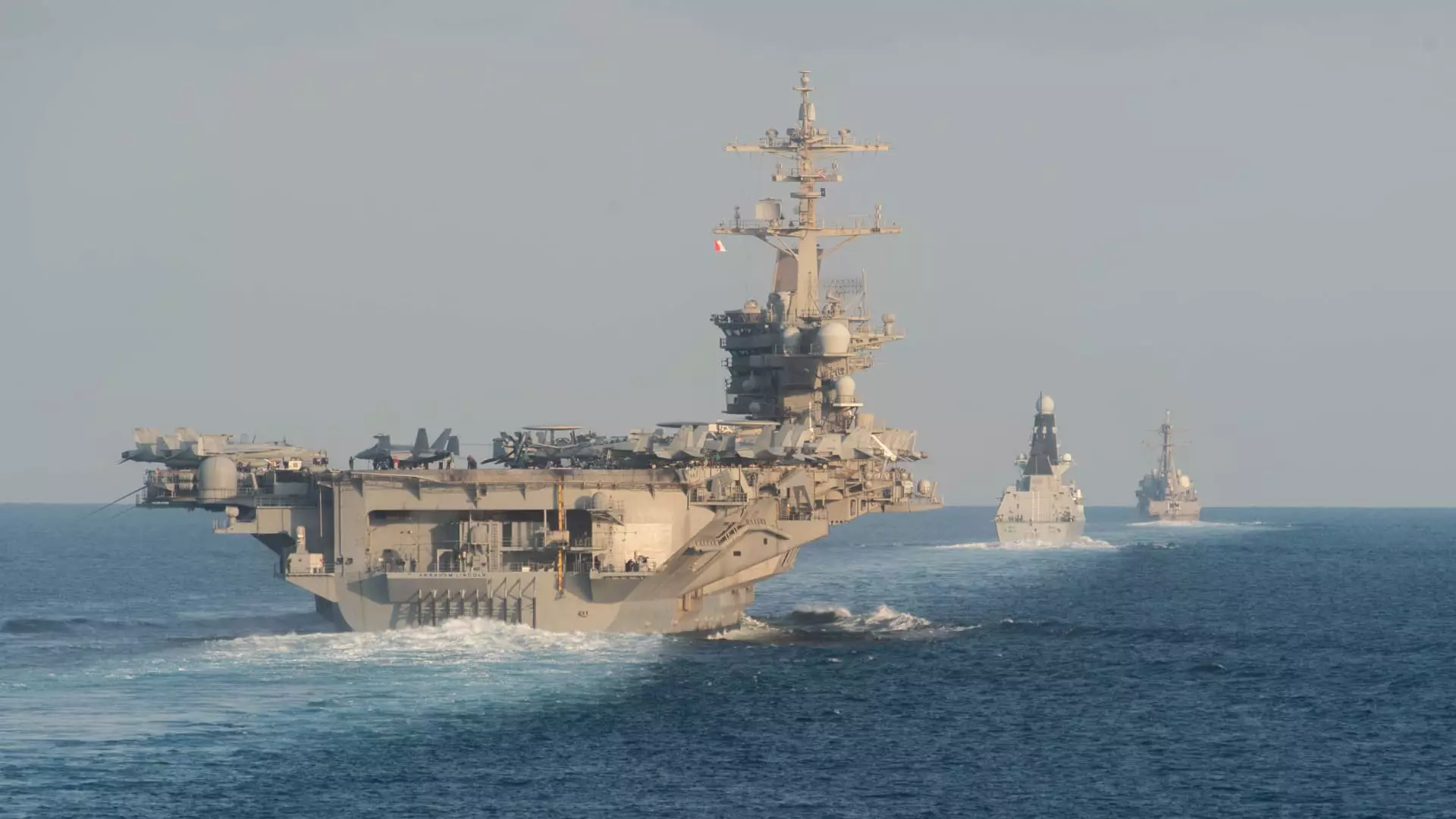Recent statements from the Pentagon have revealed that the United States is sending additional troops and military equipment to the Middle East in order to bolster its defenses and support for Israel. This decision comes amidst rising regional tensions, particularly in light of recent events such as the killing of Hamas’ former political chief, Ismail Haniyeh, in Tehran. This move includes the deployment of a guided-missile submarine and the expedited transit of a carrier strike group equipped with F-35C fighter jets.
U.S. Defense Secretary Lloyd Austin has reaffirmed the United States’ commitment to take all necessary steps to defend Israel. This commitment has led to an increase in military force posture and capabilities throughout the Middle East. The Pentagon’s press secretary, Maj. Gen. Pat Ryder, emphasized the strengthening of U.S. resources in the region and the importance of protecting Israel from potential threats.
Iran has vowed retaliation against Israel following the assassination of Ismail Haniyeh, with Tehran accusing Israel of carrying out the killing. Despite the provocative rhetoric, Iran has yet to respond militarily, leaving the region on edge. The Biden administration’s support for Israel has sparked criticism, with calls for the U.S. to use its influence to broker a cease-fire and reconsider its arms supply to Israel. The delicate balance between supporting Israel and advocating for peace has become a contentious issue within the Democratic party.
The risk of all-out war between Israel, Iran, and their proxies, such as Hezbollah, poses a significant threat to the region. Both Israel and Iran face continued pressure to respond to escalating tensions, with the possibility of retaliatory actions intensifying the conflict. Previous exchanges of missile strikes have been carefully measured to avoid widespread damage, but the potential for a more severe response looms on the horizon.
The ongoing conflict between Israel and Iran has already taken a staggering toll on both sides. The loss of civilian lives, destruction of infrastructure, and the displacement of thousands of people highlight the devastating consequences of prolonged hostilities. The death of Ismail Haniyeh and the appointment of Yahya Sinwar as Hamas’ new political leader signal a potential shift towards more hardline positions and less willingness to engage in diplomatic solutions.
The escalating tensions between the U.S., Israel, and Iran underscore the fragile dynamics at play in the Middle East. The deployment of additional military resources, the threat of retaliation, and the consequences of continued conflict all point to the urgent need for diplomatic efforts to de-escalate the situation. The international community must remain vigilant and actively seek solutions to prevent further violence and promote peace in the region.


Leave a Reply